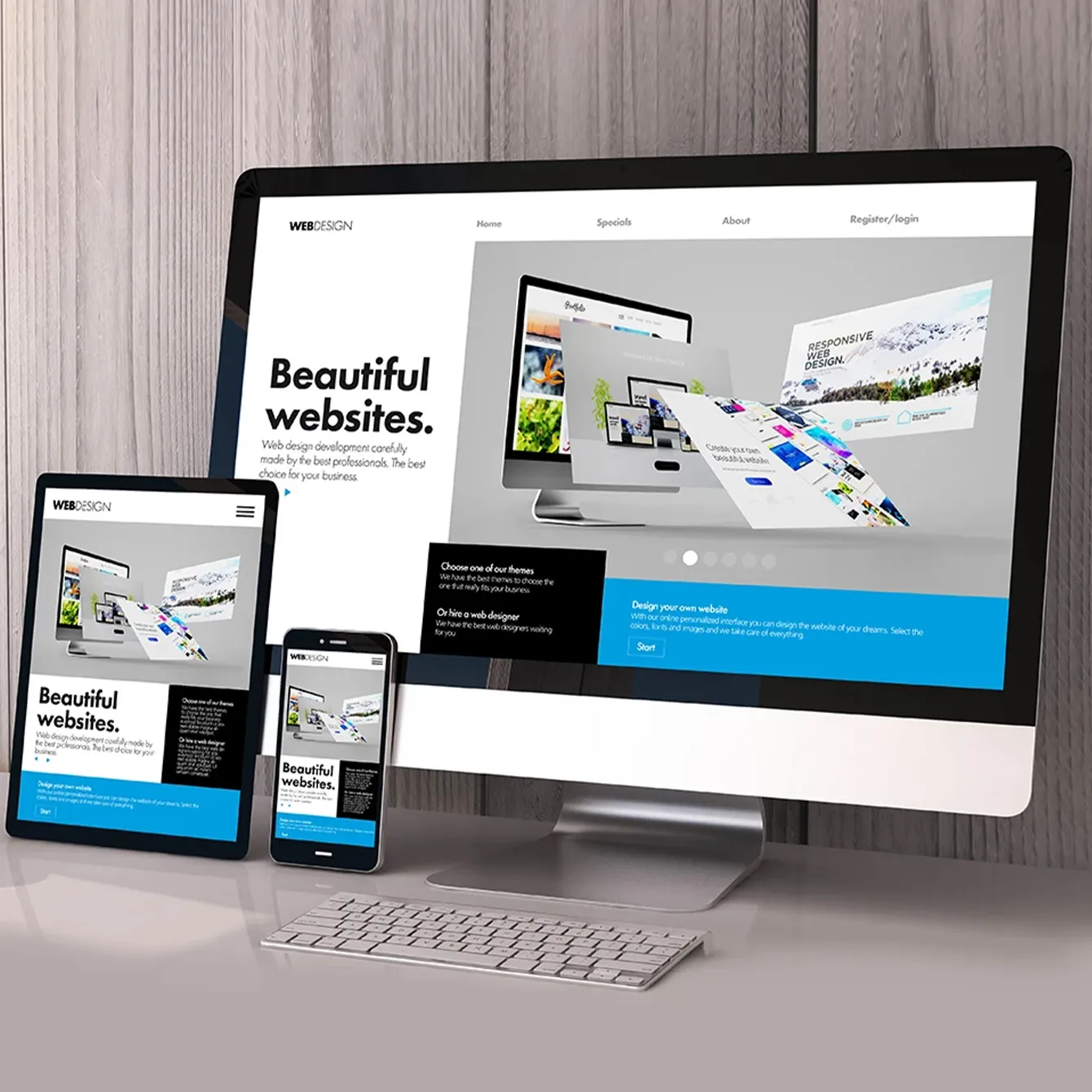In the ever-evolving times, many enterprises across the globe are encouraging their move to a remote workforce. Although this move may be temporary for a few, it requires QA testers to reevaluate how to test their web and mobile applications effectively and efficiently. Testing on physical devices is no longer feasible in a remote working environment. Thus, a mobile application testing company accelerates its remote working testing efforts.
In addition, the modern development and QA teams are distributed globally, with respect to their physical location. And with this organizational scale comes with more complexity. All teams should have access to similar devices for testing, in order for testing results to be the same. Also, the test results should be shareable with all team members so matter where they are located. Any member of a QA team should be able to debug a failed test case using videos, logs and screenshots. They also use automation tools but running them at scale is a different situation, than running one test at a time on a developer’s computer. When you can’t see what is going on with a test, or interrogate test details once a test is complete, figuring out what caused a failure can be frustrating.
When you are scaling up your test organization or your test suite, the additional test management features can be essential. This scalability is an issue for a lot of QA teams, but that is only a part of the story. QA teams also face major issues when maintaining their own on premise testing area. Here, maintenance includes updating, acquiring and troubleshooting devices. After each test, the devices should be cleaned and prepared for the next test on a continual basis. Here, we cannot forget to mention the requirements for maintaining the host machines.
Advantages Of A Cloud-Based Testing Platform
This is hard to get right when done by an in-house without the specialized knowledge that is required to manage a test cloud. Whether there is a distributed testing team already or just making a temporary move to work remotely, a cloud-based testing platform has several benefits for a mobile application test company as following:
Increase Device Coverage – It is important to test all the native and hybrid apps across a wide range of devices including Android and iOS. With a cloud-based testing platform, QA teams can immediately access the devices you require.
Secure Access – This means QA testers can test from anywhere. They can be centrally located, spread out globally, or distant working. A mobile application testing company can utilize a cloud-based testing platform for manual and automated testers, allowing them to run scripts from anywhere in the world.
Less Maintenance Required – By eliminating the need to maintain an internal device lab, testers do not have to worry about the OS or browser updates, or compatibility, etc.
Accelerate Test Execution – It allows running high volumes of real device tests with low error rates.
The above factors depict how cloud testing can also be effective for native and mobile app testers. And helps them ensure quality software applications are released into the market.
















Leave a Reply